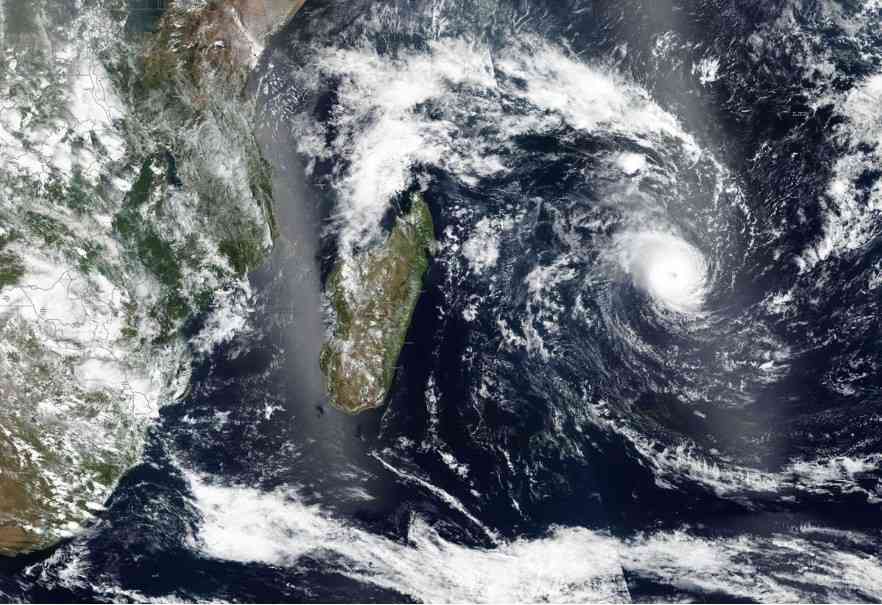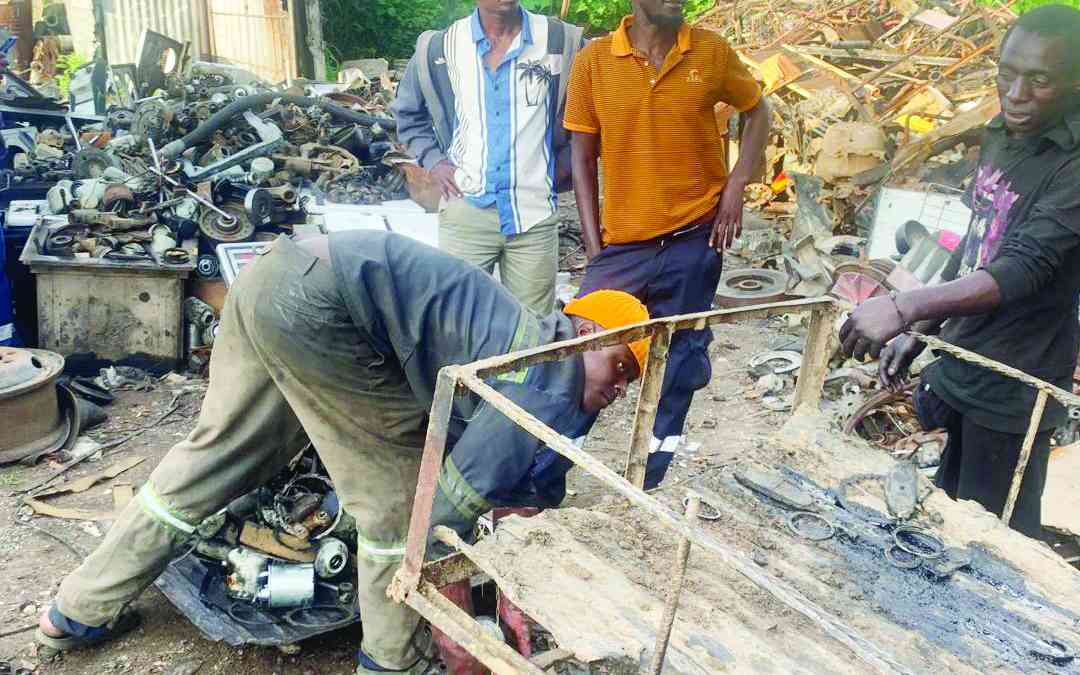
Cyclone Freddy, which was expected to hit Zimbabwe on Friday night has been reduced to a tropical storm, weather forecasters said, but authorities urged caution to save lives.
The Meteorological Services Department (MSD) yesterday said it was monitoring the tropical storm, which slammed eastern Mozambique on Friday with heavy rainfall and wind.
“There is no need to cause more panic. It’s just a tropical storm not a cyclone,” MSD spokesperson James (Jnr) Ngoma told The Standard.
In its weather update issued yesterday, the MSD said: “By noon (yesterday), Tropical Cyclone Freddy had become a low pressure zone.
“Its prolonged stay on land (off the southern coast of Mozambique), depleted its energy, which caused substantial weakening.
“Prior to now, Zimbabwe was never touched. Because of its location, the country as a whole has enjoyed sunny conditions.”
Department of Civil Protection (DCP) deputy director Farai Hokonya urged caution.
“We don’t encourage panicking, but being alert because with natural phenomenon, it cannot come at all or it can change its current state,” Hokonya said.
- MSD forecasts low rainfall, heat this week
- WFP forecasts good harvest, if rains persist
- MSD warns of heavy rains in the New Year
- MSD forecasts heavy rains, flash floods
Keep Reading
“What is important for now is being very much aware so that when there are challenges, people can make informed decisions.
“It’s still in Mozambique.
“As projected yesterday we might start to get rain from midnight (yesterday).”
Hokonya said their teams remained on standby to offer rescue support in case of disasters.
“We would quickly act in low lying areas, but after checking on how the storm is progressing,” he said.
“We will continue to update the public as the situation progresses because the tropical storm is being watched 24/7. It’s always important to be alert.
In an update yesterday afternoon, the Environment, Climate and Tourism ministry warned of heavy rains accompanied by strong winds and lightning.
“Windy conditions may blow off rooftops and loose debris as well as break tree branches,” the ministry said.
“Heavy rains and flooded rivers remain a potential hazard, even if it has not rained heavily in the area; heavy rains may have occurred upstream.”
Chipinge South legislator Enock Porusingazi (pictured) said people in his constituency were on high alert.
According to the United Nations, accurate early warnings and early action on the ground help limit loss of life over the course of the cyclone.
The cyclone killed seven people in Madagascar and left a trail of destruction.
Meanwhile, some parts of northern South Africa are also at risk of flooding and wind damage, the South African government said in a statement.
Cornelder de Moçambique, a company that operates cargo terminals in Mozambique's main port of Beira said in a statement that the port was closed until 7pm local time on Friday, subject to the weather conditions improving.
Up to 1,75 million people could be affected by the storm and severe flooding, the United Nations Office for the Coordination of Humanitarian Affairs (OCHA) said in a statement.
“The confluence of multiple threats is compounding a severe humanitarian situation in Mozambique,” said OCHA, adding that aid agencies were deploying staff to Inhambane and Gaza provinces.
Mozambique has already been battling severe flooding in recent days and the government has declared a state of “red alert” to expedite operations to tackle Freddy.
It hit Madagascar earlier this week as a tropical cyclone, destroying houses, displacing thousands and killing at least seven people. Freddy weakened as it passed over Madagascar before strengthening again in the Mozambique Channel.
—Additional reporting by Reuters










